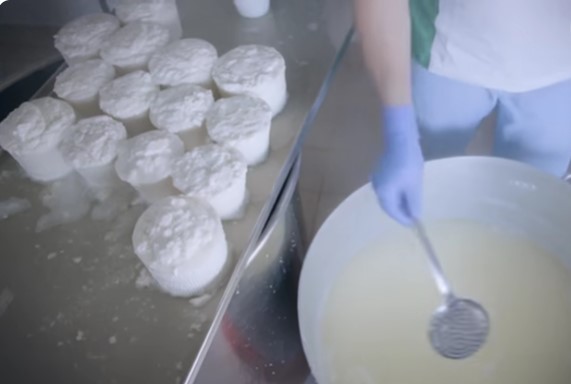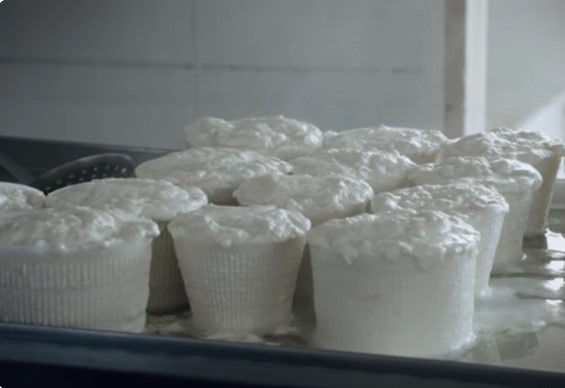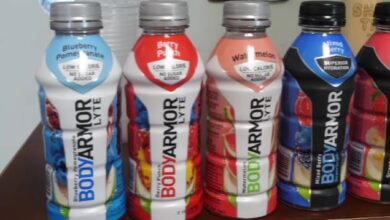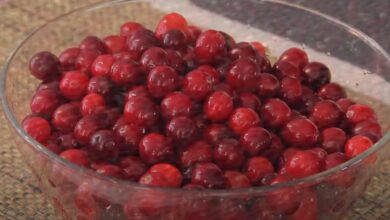Ricotta Cheese Nutrition Facts
Ricotta cheese, a staple in Italian cuisine, is celebrated for its creamy texture and versatility in both savory and sweet dishes. But beyond its delightful taste, ricotta cheese offers a variety of nutritional benefits that can be a valuable addition to your diet. Let’s explore the nutritional profile of ricotta cheese in detail.

What is Ricotta Cheese?
Ricotta cheese is traditionally made from the whey left over after the production of other cheeses like mozzarella and provolone. This cheese is known for its light, slightly grainy texture and mild, creamy flavor. Ricotta can be made from various types of milk, including cow, sheep, and goat milk, each offering a unique taste and nutritional profile.
Nutritional Breakdown of Ricotta Cheese
Here’s a detailed look at the nutritional content of ricotta cheese per 100 grams (about 3.5 ounces):
- Calories: 150 kcal
- Protein: 11.4 g
- Total Fat: 7.91 g
- Saturated Fat: 5.4 g
- Carbohydrates: 5.14 g
- Dietary Fiber: 0 g
- Sugars: 0.27 g
- Sodium: 99 mg
- Potassium: 125 mg
- Calcium: 272 mg
- Iron: 0.44 mg
- Vitamin A: 384 IU
- Vitamin D: 6 IU
- Riboflavin (Vitamin B2): 0.185 mg
- Phosphorus: 183 mg
Health Benefits of Ricotta Cheese
Ricotta cheese is not only delicious but also packed with nutrients that offer several health benefits:
- High in Protein: Ricotta provides high-quality protein, essential for muscle repair and growth.
- Rich in Calcium: Important for bone health, ricotta cheese contains a substantial amount of calcium.
- Lower in Lactose: Ricotta has a lower lactose content compared to many other cheeses, making it easier to digest for those with lactose intolerance.
- Contains Essential Vitamins: Ricotta is rich in riboflavin, vitamin A, and several other B vitamins that support various metabolic functions.
- Supports Heart Health: Opting for part-skim or fat-free versions can provide the nutritional benefits of ricotta without the high saturated fat content that may affect heart health.
Different Types of Ricotta Cheese
- Whole Milk Ricotta: Made from whole milk, rich and creamy, higher in fat and calories.
- Part-Skim Ricotta: Made from milk with reduced fat, offers a balance between creaminess and lower fat content.
- Fat-Free Ricotta: Made from whey, significantly lower in fat and calories but with a different texture.

Frequently Asked Questions
What is the best way to store ricotta cheese?
Ricotta cheese should be stored in the refrigerator in a well-sealed container. It is highly perishable and should be consumed within a few days of opening.
Is ricotta cheese suitable for people with lactose intolerance?
Yes, ricotta cheese has a lower lactose content compared to other cheeses, making it more suitable for those with lactose intolerance.
Can I use ricotta cheese in desserts?
Absolutely! Ricotta cheese is a popular ingredient in many desserts such as cannoli, cheesecakes, and Italian pastries.
How does ricotta cheese compare to other cheeses nutritionally?
Ricotta cheese tends to be lower in fat and calories compared to many other cheeses. It also offers a good amount of protein and essential vitamins and minerals.
Ricotta cheese is a nutritious and versatile food that can be a healthy addition to your diet when consumed in moderation. Whether you’re using it in savory dishes or sweet treats, it provides valuable nutrients that support overall health.
Read also: Cheesecake Factory Menu With Prices





